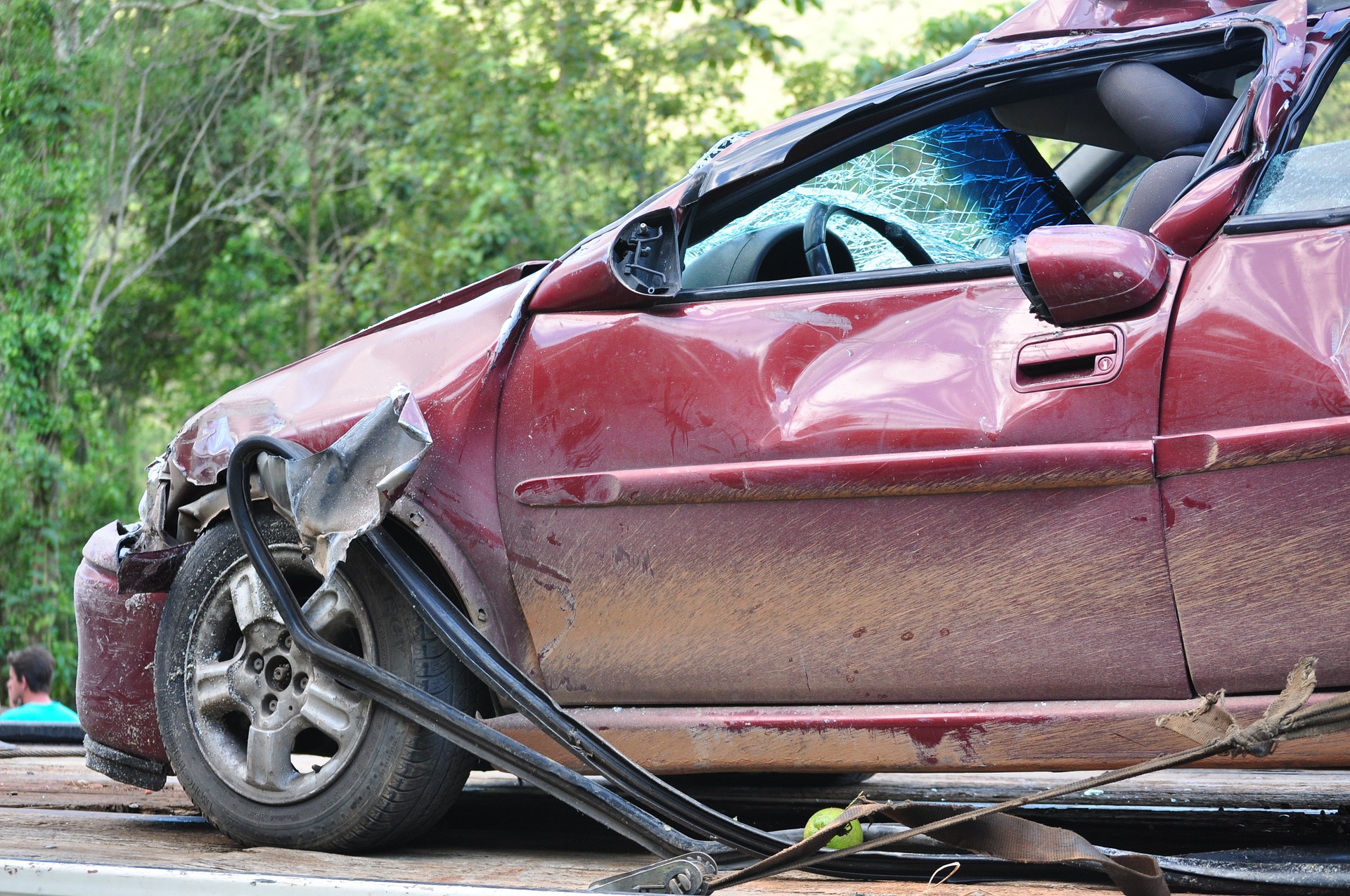The Coronavirus pandemic has had wide-ranging effects on nearly every aspect of life in the U.S. One of those effects is that since the pandemic began nearly a year and half ago, businesses of all types have gone to remote work arrangements, reduced hours of operations or closed entirely. Of course, more businesses are now offering delivery service than ever.
Today, roughly 40 percent of vehicles on U.S. roads are company owned. As those vehicles are often in operation eight hours per day or more, they log well over 40 percent of the miles driven daily (nearly 8 billion miles per day) on U.S. roads.
Company vehicle drivers average between 20,000 and 25,000 miles driven per year, nearly twice the mileage driven by drivers of non-company vehicles. Obviously, this means a significant percentage of traffic accidents involve company vehicles.
A Company Vehicle Accident Can be Different from Accidents Involving Private Parties
A grocery store parking lot fender bender can be rather simple to settle in terms of liability. One party or the other admits fault; that party’s insurance company is notified and handles compensation for damage to the vehicles, rental cars, medical expenses and any other losses incurred by either party in the accident.
If the two drivers cannot agree on who was at fault, the insurance companies may analyze the accident and assign fault to either driver or divide fault. Liability, that is, who bears financial responsibility for damages is then assigned accordingly.
But liability for damages associated with accidents involving a commercial or company vehicle can be less than clear. If you’re driving a company vehicle for company purposes (such as making a delivery or picking up supplies for example) and are involved in an accident, you most likely will not be held personally liable for damages to any vehicle involved in the accident or for any injuries caused by the accident.
Was the Driver of the Company Vehicle “On the Job?”
Even if you’re driving a company vehicle for example, to go to lunch and stop to pick up something for your employer and are involved in an accident, you will likely not be held liable.
However, if you’re driving to work or heading home from work and are involved in no work-related activity on the drive, you may be held personally liable for damages caused by the accident – if it is determined you were negligent. And in some cases employers have sought to recover damages from their own employees in these cases.
Doesn’t Insurance Take Care of Everything?
While some companies are self-insured, most carry insurance on their vehicles, but that doesn’t always simplify matters. If you were involved in an accident with a driver of a company vehicle who was driving the vehicle outside of normal work-related functions, that driver’s personal insurance company may be liable for your damages – or a portion of them.
In addition, some insurers are extremely aggressive in denying claims in order to reduce their costs. It is not uncommon for a driver who was involved in an accident with a company vehicle to end up facing delays in being compensated while the insurance company “investigates” the accident and works to determine who was negligent.
You’ve Been Involved in an Accident with a Company Vehicle; What Should You Do?
Keep in mind the above information is a brief overview of liability in accidents involving company vehicles. Volumes could be – and have been – written on this area of law.
This is because countless variables enter the “liability equation.” Was the vehicle being driven for work-related purposes? Was the driver of the company vehicle at fault? Did he or she violate any traffic laws and cause the accident? Was the driver of the company vehicle impaired? And remember; laws affecting liability in an accident involving a company vehicle can vary from state to state.
The bottom line though is you may have been injured, you may have missed work, you may be disabled, your vehicle has been damaged or destroyed, you’re stressed and confused. There is a great deal at stake, too much to risk going it alone against the company that owns the vehicle that struck you or your vehicle and their insurance company – both of whom have teams of lawyers protecting your interests.
You need to at least consult with a lawyer or law firm who has extensive experience with these accidents and who can effectively protect you and your interests. Contact Marler Law Partners today for a complimentary consultation.


0 Comments on "Who is Liable in a Company Vehicle Accident?"